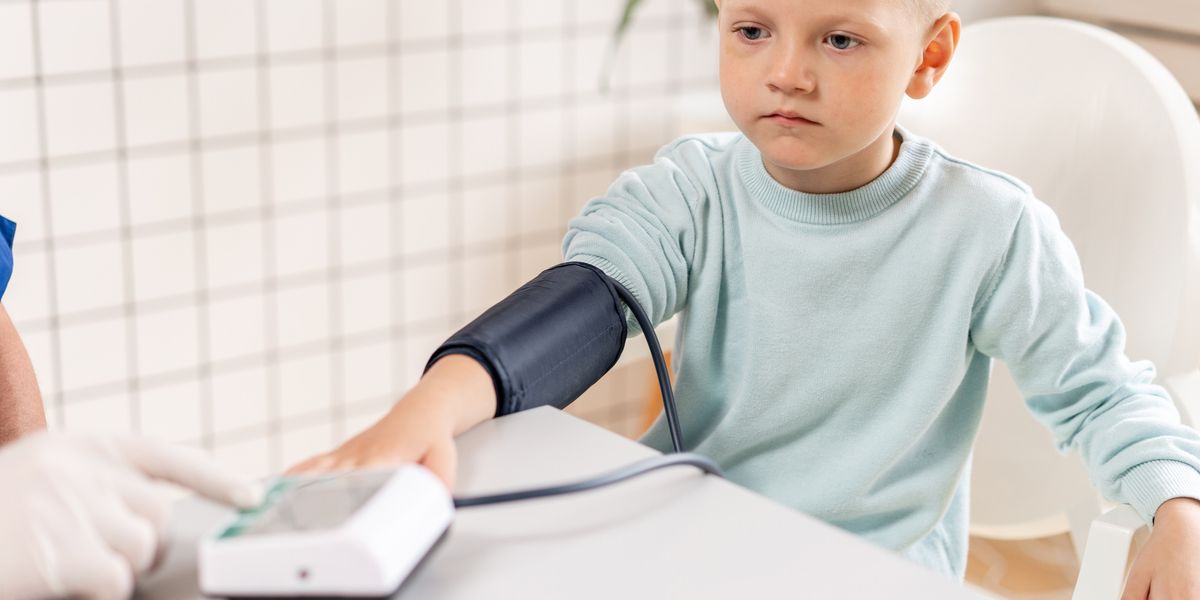Innovative technology that operates as an artificial pancreas improves the blood sugar levels of children aged between two and six with type 1 diabetes, new research suggests.
Scientists from the University of Virginia Center for Diabetes Technology have developed the pioneering artificial pancreas, ‘Control-IQ system’, to improve the lives of people living with the condition.
Children using this artificial pancreas spent up to three more hours in their required blood sugar range compared to those using traditional methods to manage their blood sugar, the study has reported.
- Artificial pancreas safe and effective for people with type 2 diabetes
- 9 year old boy with type 1 diabetes receives artificial pancreas
Approved by the FDA, the Control-IQ system contains an insulin pump that uses specially designed algorithms centred on the user’s glucose-monitoring information to adjust the insulin dose as needed.
Lead author Dr Marc D. Breton said: “After the resounding success of Control-IQ technology in people aged 6 and up, it is very rewarding to see our youngest individuals, and often the most challenging to help, benefit as well.
“With these results, we have now accumulated years of clinical validation of this system across all age groups and look forward to seeing this life-changing technology made available to the broadest possible population.”
More than 100 children aged between two and six years old took part in the trial. Approximately 68 of the participants were instructed to use the artificial pancreas system during the study and 34 were assigned to a control group.
- Pancreas transplant more beneficial for people with diabetes compared to other treatments
- Bionic pancreas reduces emotional burden of diabetes management for families
- Type 1 diabetes forum
The results show that the time children in the artificial pancreas group spent within their target blood glucose range was roughly 12 percentage points higher in the day and 18 percentage points higher during the night when compared to those in the control group.
“At the end of the day, this technology significantly improved glycaemia and ensured safety of children, but perhaps just as importantly it lessened these families’ constant anxiety about glucose levels, especially during the night,” said Dr Breton.
He added: “It is incredibly rewarding for us to hear about these families’ experiences and how they manage to integrate these new tools in their life, offering some reprieve to the challenges they face.”
The study has been published in the New England Journal of Medicine.






